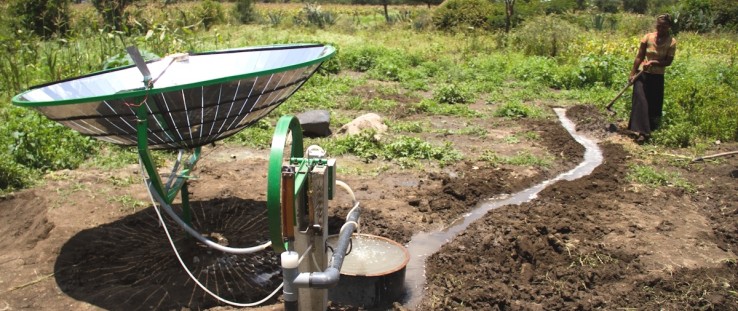 An Ethiopian farmer uses a prototype of International Development Enterprises’ Clean Irrigation System.
Photo courtesy of iDE
An Ethiopian farmer uses a prototype of International Development Enterprises’ Clean Irrigation System.
Photo courtesy of iDE
 An Ethiopian farmer uses a prototype of International Development Enterprises’ Clean Irrigation System.
Photo courtesy of iDE
An Ethiopian farmer uses a prototype of International Development Enterprises’ Clean Irrigation System.
Photo courtesy of iDE
Sometimes small steps can lead to big change. And sometimes many small steps taken together can lead to transformative change. In my line of work, transformative change means millions of lives improved for the better: less hunger, more jobs and health care that is accessible and affordable in even the most remote corners of the world. We also strive for increased democratic empowerment and freedom of speech. This kind of change doesn’t happen on its own. It is the result of dedication, innovation, hard work and many small steps taken together.
At the Swedish International Development Cooperation Agency (Sida), we believe that partnerships are at the heart of this change. Though there are improvements in the world, regarding poverty, the challenges we are facing as a global community are still there. Climate change, a rapidly expanding global population, dwindling natural resources and insecurity stemming from global inequality: The sheer enormity of these issues test our ability to respond effectively to development challenges.
The fact that 1 billion people still live in extreme poverty will require cross-cutting cooperation.
Over the last 40 years, we’ve seen a diversification in development assistance. From the predominant government-to-government model we now see a situation where donors adapt to contexts and use a multitude of business models, where private sector-driven development is increasingly important.
Alongside the more traditional development cooperation, together we can strengthen the efforts and scale up our work so we can reach out more broadly. In coordination with like-minded public and private sector partners, we can pool resources and solutions and, we believe, put an end to extreme poverty. And that is why I am so excited about our cooperation with USAID.
In November 2013, USAID Administrator Rajiv Shah and Sweden’s Minister for International Development Cooperation Hillevi Engström signed a $400 million collaborative agreement designed to accelerate joint solutions to global development challenges. The ground-breaking partnership represents not only a significant financial investment for Sweden, but also a new way of approaching development. Rather than struggle to build solutions on our own, we are working with businesses, governments, foundations and universities to find solutions that can reach many more people than any of us could alone.
And once we find these solutions? We will test them rigorously and launch or scale them aggressively.
Through this partnership, we want to lead a change in donors’ approach to development. We are no longer waiting to find the perfect solution from the start but are looking to find many solutions and start solving problems now. We have learned how to better define problems and find the catalysts that bring us closer toward our goals.
But we have to move faster and more efficiently than ever before, which also means we have to take smart risks. Learning which solutions to invest in takes time. It’s a matter of identifying the right opportunities, backing the right innovations—new and old ones—and finding ways to help the businesses and entrepreneurs behind the innovations succeed.
The USAID-Sida partnership has the benefit of the world’s leading investors, development experts, universities and others advising us on how to invest wisely to produce valuable development outcomes. But that doesn’t mean we won’t fail, because we will on occasion. And when we do, we hope you hear about it because we will be transparent and communicate our successes as well as our failures. We believe these failures will be as instructive as our wins and we want to be sure the broader development community can learn from our mistakes.
So how do we know this new model of cooperation will work? We know because, like good scientists, we’ve been experimenting. Since 2010, we’ve been working in coordination with USAID to test and refine our approach through our collaboration on three Grand Challenges for Development: Powering Agriculture, Making All Voices Count and Securing Water for Food.
Grand Challenges for Development are based on two fundamental principles: one, that science and technology can lead to transformational effects; and two, that engaging the world in the quest for solutions is critical to finding breakthrough solutions. Our aim is to define a key development challenge—narrowly—and to seek ideas or solutions from around the world.
Efforts so far have focused on three core areas: expanding access to clean energy in low-income countries in the agriculture sector; promoting open and participatory governance and transparency in 12 target countries; and identifying and accelerating innovations that will make more water available for agricultural in developing countries.
To date, we’ve funded over 40 winning innovations and plan to almost double this number in the coming months.
So far, we’ve had some promising successes. Through Making all Voices Count, we’ve identified 35 innovators partnering with governments to improve effectiveness and enhance transparency. These include the Centre for Municipal Research and Advice in South Africa, which is collecting and disseminating data for municipalities and tracking government responsiveness to local issues, and Indonesia Corruption Watch, which has citizens and government jointly monitoring the electronic public procurement system and working together to reduce the potential misuse of public funds.
Through Powering Agriculture: An Energy Grand Challenge for Development, we’ve awarded grants to 11 innovators including Eco-Consult’s Hydroponic Green Farming Initiative in Jordan, which will retrofit greenhouses with advanced hydroponic technologies and solar panels to generate enough energy to be self-sustaining. And to Haiti’s EarthSpark, which has developed a solar-diesel microgrid that will increase access to affordable, reliable electricity for processing agricultural products. (See related story.)
Our newest Grand Challenge for Development, Securing Water for Food, is now in the final stages of identifying its first batch of innovators.
These Challenges are just the first of many small steps to come. Small steps that we are taking together with USAID to change development outcomes. Each and every innovation we support is helping to improve lives and bringing us closer to our goal to end extreme poverty. These small steps have the potential to be transformative.







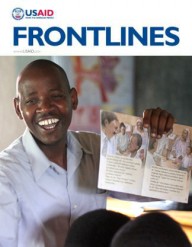

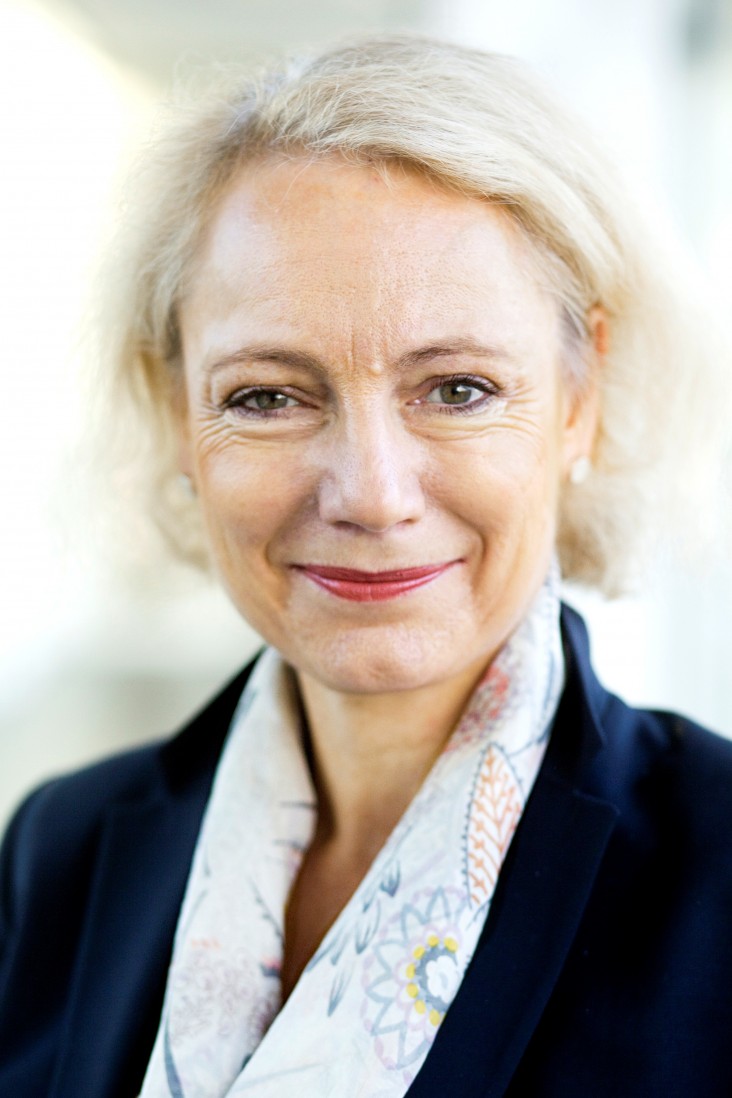
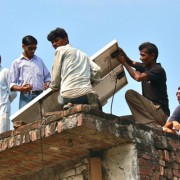
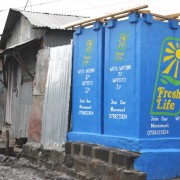
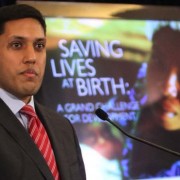
Comment
Make a general inquiry or suggest an improvement.